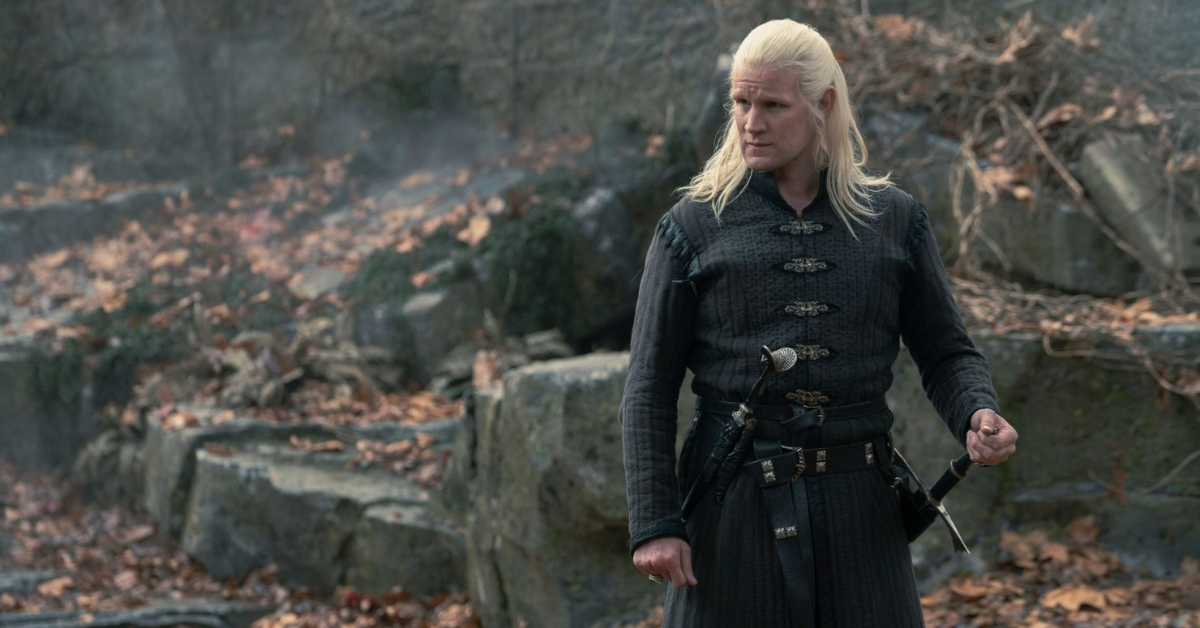
It’s been something like seven years since I watched All the President’s Men in my high school journalism class. A key scene from the film has always stuck with me. Woodward and Bernstein, knee deep in their Watergate investigation, are shuffling through papers in the Library of Congress. A high angle camera pulls away from their working hands to show their heads bent over a desk. It continues to ascend, pulled by a cable and a wench. Woodward and Bernstein grow smaller and we see other people going about their business. Soon we’re peering down at the entire floor. Our protagonists are lost in the scenery, but their shuffling stays in our ears.
Despite being a movie heavily reliant on dialogue, it’s the imagery that speaks volumes. It emphasizes the magnitude of the institution our journalists are challenging. It evokes despair at the amount of information they must sift through. Even the library desk arrangement is reminiscent of a circular maze. The shot sums up the movie’s central theme: the elusive and seemingly incomprehensible nature of truth.
This same idea runs deeply through last night’s Best Picture winner, Spotlight. While there’s nothing so grandiose as the Library of Congress, subtler imagery conveys the same feeling. Church buildings loom large in the distance. Darkness shrouds the basement where a journalist digs through dusty directories. In a scene that is particularly reminiscent of All the President’s Men, the team learns there may be as many as 90 pedophile priests in Boston. The camera slowly pulls back to give the investigative team a smaller, more vulnerable look.
Uncertainty and skepticism are themes that pervade Spotlight’s script. Its journalists are always checking their facts and research. They refuse to publish an incomplete story even as the fear builds they might get scooped. And after it’s gone to press, they’re still beating themselves up over why they didn’t catch the story sooner.
Spotlight honors the profession in many ways, but its humility regarding our search for truth is what really establishes it as the best film about journalism in recent memory. It’s a shame its R rating may keep it from being a classroom classic. Spotlight’s humility would make a handy antidote against today’s most popular portrayals of journalism, arrogant depictions that romanticize the journalist’s power more than the humble process of fact-checking and research.
It’s hip to hate on Aaron Sorkin’s HBO series The Newsroom, but it’d be a mistake to allow a fear of hipness to insulate such a good example of what I’m talking about. The Newsroom is often supremely arrogant in regards to journalistic truth. It’s journalists frequently get scoops without any visible work. Interviews are less about getting facts than they are about exposing frauds and pushing narratives. Charismatic command over the truth takes priority over its discovery and verification.
The more I see people buy into this sort of portrayal, the more I suspect what appeals to these people about journalism is not its process, but that it provides a platform. There’s no denying that has always been one of the appeals to the profession, but there’s something empty about celebrating that aspect in the age of social media, where now everyone is a broadcaster of sorts. There’s also something dangerous about it. Lose sight of the journalistic process (fact-checking, verification, etc.) and you risk missing the distinction between a broadcaster and a journalist.
Films like Spotlight are important because they hone in on the core of good journalism and the process of truth-seeking. They remind us before doing the romantic work of speaking truth, we must undertake the often uncool and fumbling task of uncovering it. Sometimes that means digging around in a basement where there’s a dead rat in the corner. The truth doesn’t fall into anyone’s lap, no assembly required.
The GoodTrash Media team is dedicated to bringing you all of your post-popculture discussion to one place. We believe movies are more than just 90 minutes and a bucket of popcorn and we that discussion with you! Follow the GoodTrash Media Network on Twitter @Good_Trash




Leave a Reply